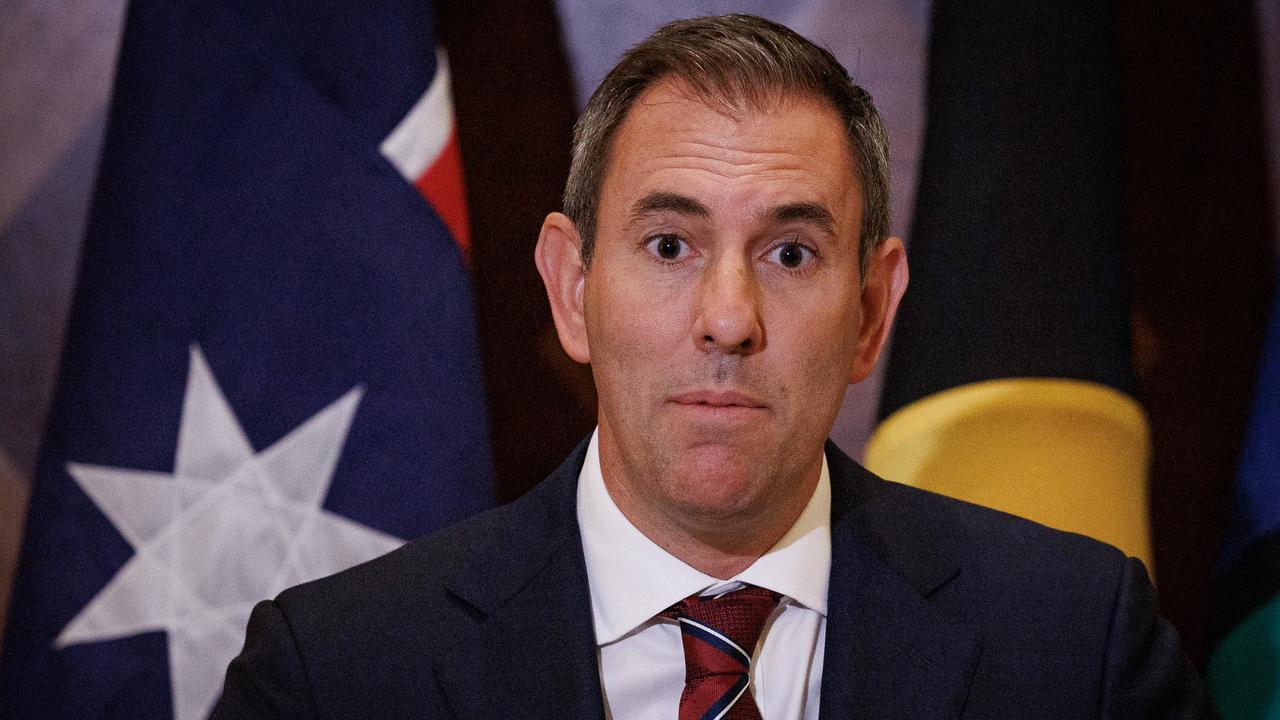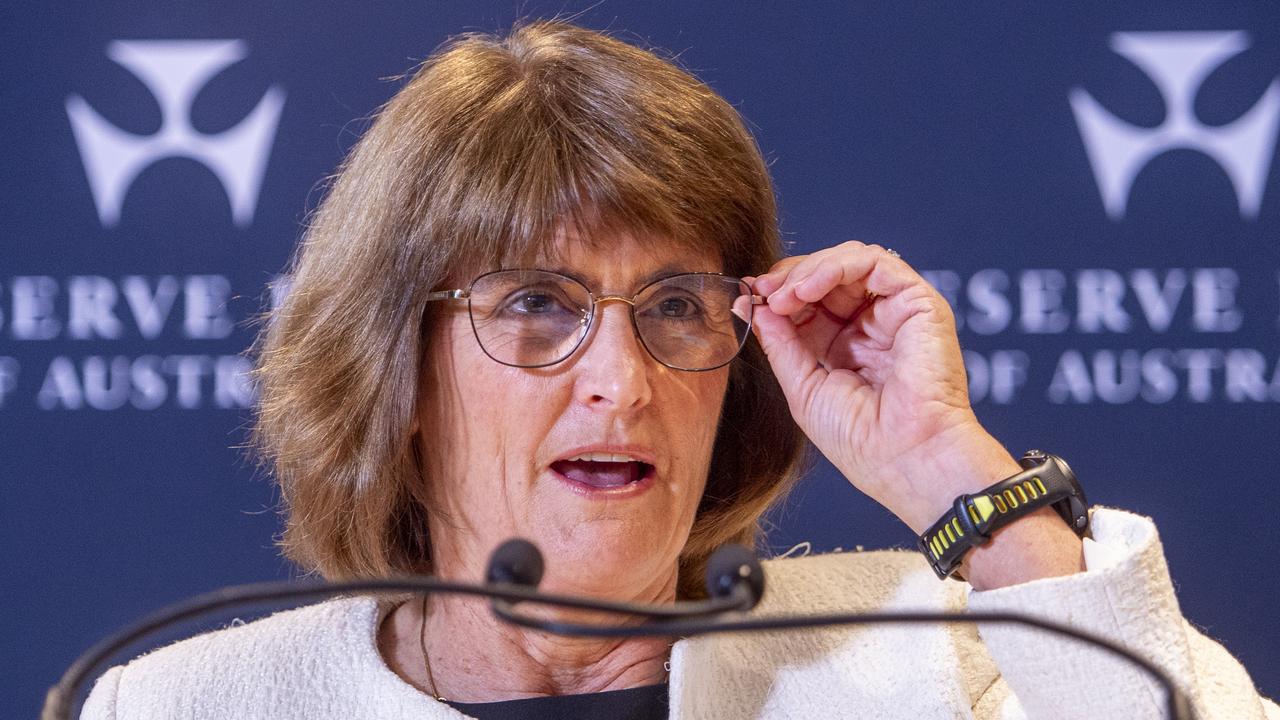
British journalist Madeleine Bunting, author of Labours of Love: The Crisis of Care (Granta), who spent five years researching the care sector, suggests that Western societies have presided over a systematic disregard of the value of care in recent decades.
She argues that while we debate the issue more than ever, we are confused about what care should entail and who should deliver it.
The word certainly had a good workout in Australia in 2020 as we celebrated frontline health workers while simultaneously criticising many of those responsible for elder care. Those conflicting responses emerged from a community unsure about where to place caring for others in the hierarchy of needs.
The confusion takes many forms. We celebrate health workers, for example, but take it for granted that our children will prefer marketing or finance jobs to nursing.
We are slightly shocked that we have allowed ourselves to outsource aged care over the past 40 or so years, but how many of us seriously consider returning to the days when parents were part of the extended family and were cared for at home as they reached the end of their lives?
When it comes to valuing the work of the care professionals, we have little doubt of the crucial role of surgeons but often forget that it is the registered nurses and nursing assistants who are vital to our physical and psychological recovery after an operation or illness.
And despite our outrage when incidents of poor care emerge, we consider care is something other people do and for which we pay.
Care certainly comes with a price in our society, but not necessarily a high value. In the case of aged care, that is partly because we have replaced the religious motivation that underpinned much institutional care in the 20th century with the profit motive and a business model that situates care as a paid transaction rather than an exercise in compassion or giving.
In the West, caring is seen as a job while unpaid care is very often viewed as a burden — one we are unwilling to shoulder. In the process, we risk missing out on the humbling yet deep connections that can be present in the act of giving and receiving care.
There are many markers of how far we have moved to a culture that accords the act of care little cultural or economic status. One that is clear in our hospitals and aged homes is the extent to which nursing and care staff are so often migrants from countries such as Nepal, the Philippines, other parts of Asia, Africa and India. During a recent stay in hospital I was struck by the fact that those delivering around-the-clock care — from bed washes to blood pressure checks to pain relief — did not reflect the dominant white Australian population. I already knew about the makeup of nursing home staff. For the past couple of years of my mother’s life, it was the women and men of Africa, India and the Philippines who helped her shower, made her cups of instant coffee in the middle of the night, hung up her clothes and dispensed her medicine. But it was a surprise to find just how international staffing is in the hospital system.
It seems that to many young, middle-class Australians, caring — like picking fruit or other farm work — is something best left to immigrants who generally have fewer options for employment. and are thus ideal recruits.
Does it matter? Given that the carers I met were hard to fault in terms of empathy or skill or diligence, does it matter that they are often lowly paid and lacking in power? Does it matter that a hierarchical health system that already places white, male specialists at the top of the tree risks becoming even more stratified when so many of the jobs lower down the ladder are held by immigrants?
This is not about the quality of care. Indeed, it’s arguable that the carers of Asia and India and Africa are culturally more respectful of old people, for example, than your average Westerner. But what does it mean for a society when its most powerful groups are so distanced from the act of care, either because they outsource it or because they dismiss it as a career choice? What does it say about a society that is content to assign relatively low status to the people we ask to deliver highly intimate emotional and physical assistance?
Bunting is right to point to the conflicting views about care in the West, yet it’s pretty clear that the train has left the station in terms of our community’s response to care, especially for the elderly. We can lobby for higher standards, plead for better funding models and agitate for more government oversight but it is unrealistic to think families will revert to caring for their older members at home.
And despite the good PR that nursing has received during COVID-19, it’s unlikely we will move away from recruiting from the pool of aspiring or newly arrived migrants to staff our hospitals and aged-care homes.
We have developed a system of paid elder care that makes sense for modern economies where families are more fragmented and the women who once did the at-home caring are now at work and no longer available.
But the impact of COVID-19 on nursing homes has forced us to think more deeply about what good care really means. We have successfully distanced ourselves from the duties of care, but have we also lost the opportunity for a positive experience for giver and recipient when care becomes a chance for connection, rather than a burden?



